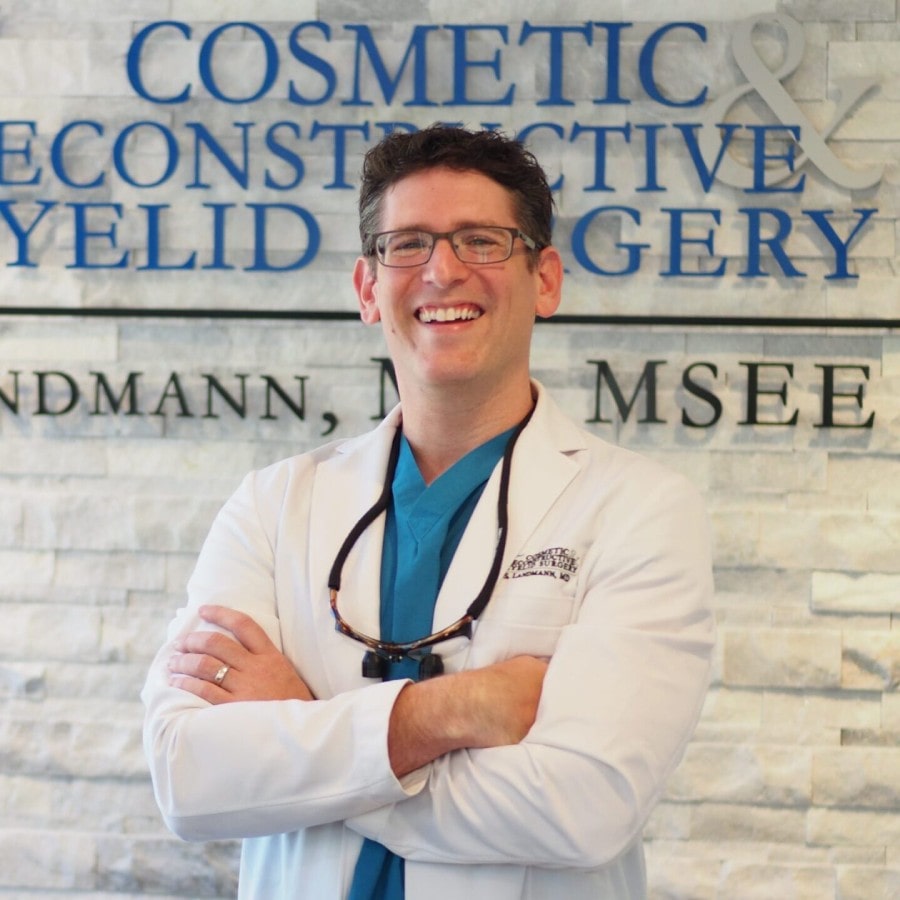What to Expect During Stye Surgery
What to Expect During Surgery?
When you have a stye and your doctor recommends a procedure to open the stye, it can be can be concerning for a lot of patients. But knowing what to expect can help you feel more comfortable. Every ophthalmologist performs this procedure slightly differently, but most of the time, it is performed in the office. The surgery for styes is called an “Incision and Curettage” or I&C for short.
The main reason to do the procedure is if a stye is not getting better, even after doing warm compresses consistently for a month. You will still have to do warm compresses after the procedure, though. The goal of the surgery is to scrape out the inflammatory material that is stuck there and hopefully make the stye go away sooner. The procedure is very quick and safe, but the risks of the procedure include, but are not limited to: bleeding, infection, recurrence, pain, poor wound healing, problems with eyelashes, a droopy eyelid and scarring. Of course, your doctor will talk to you about those risks before doing anything.
For numbing, you will get Local Anesthesia – which means the surgeon will inject numbing medication around the stye. After the numbing medication is in, you shouldn’t feel anything sharp, maybe just some pressure. The procedure takes about 15 minutes. The incision is made either from the inside of the eyelid, or from the outside, depending on which way the stye points. Even if the incision is made from the outside, it usually heals very well, with minimal scarring. Everyone bruises after an Incision & Curettage. I tell patients that their eyelid will actually look worse for a few days after an I&C, because there is a lot of bruising. Expect to have a black and blue eye for up to 14 days after the procedure.
Afterwards, Tylenol (Acetaminophen) is all that is needed. Make sure to follow the directions on the label carefully and do not exceed the recommended dosage. All the other over-the-counter pain medications (Aspirin, Motrin, Aleve, Naprosyn, Ibuprofen, etc) will make your eyelid bruise more.
A biopsy is sometimes taken at the same time, if there is a concern that the bump is something more serious, like eyelid cancer.


